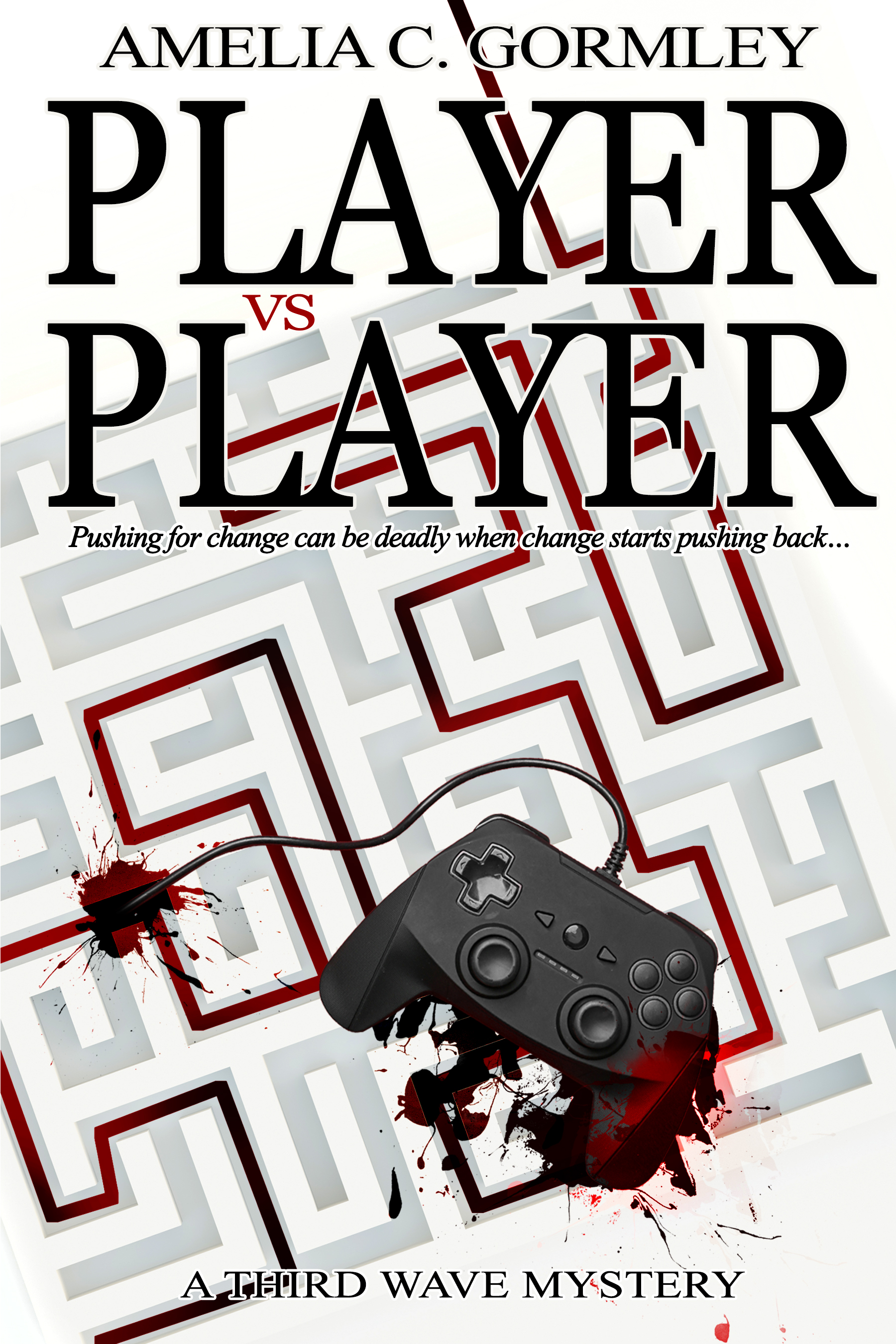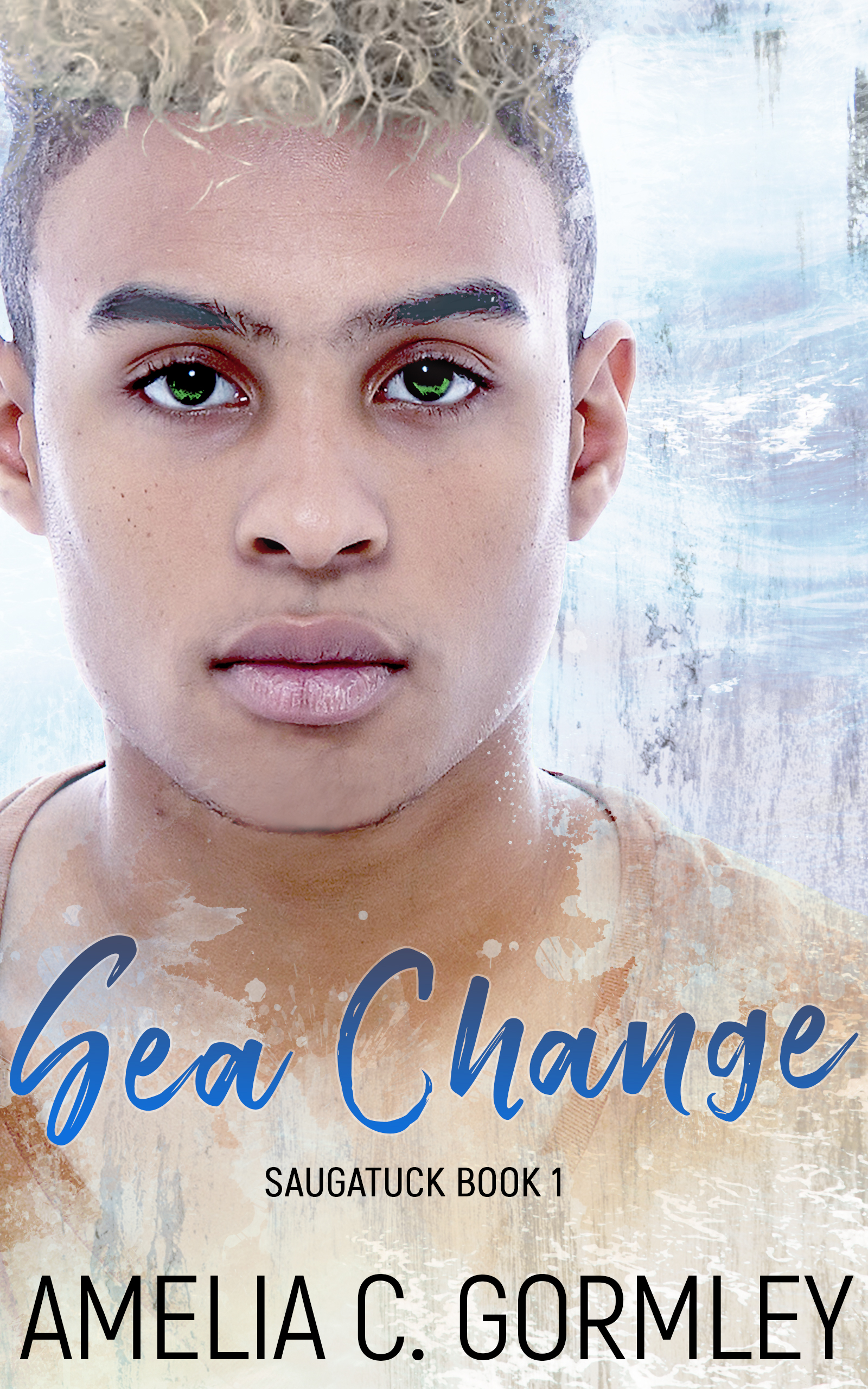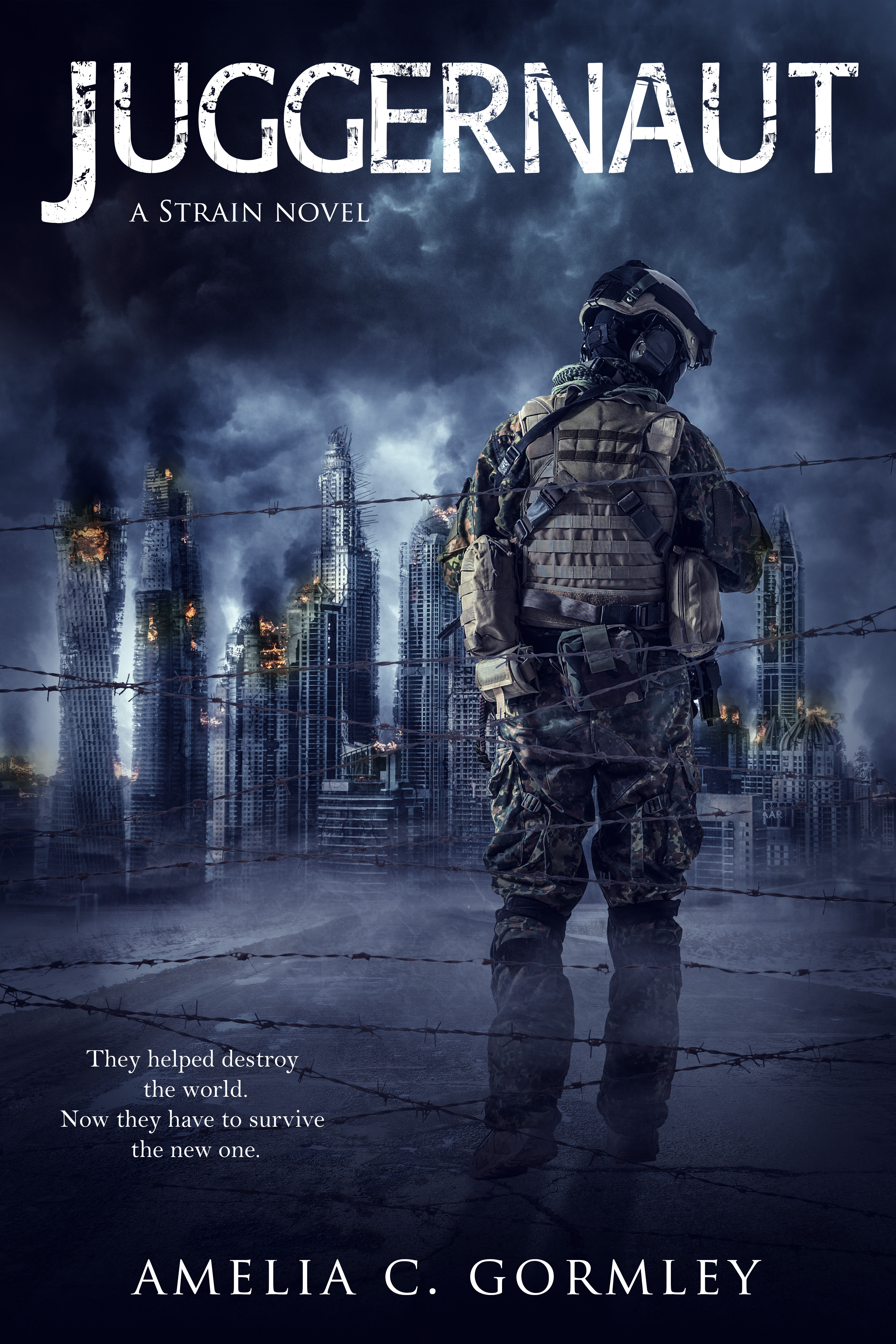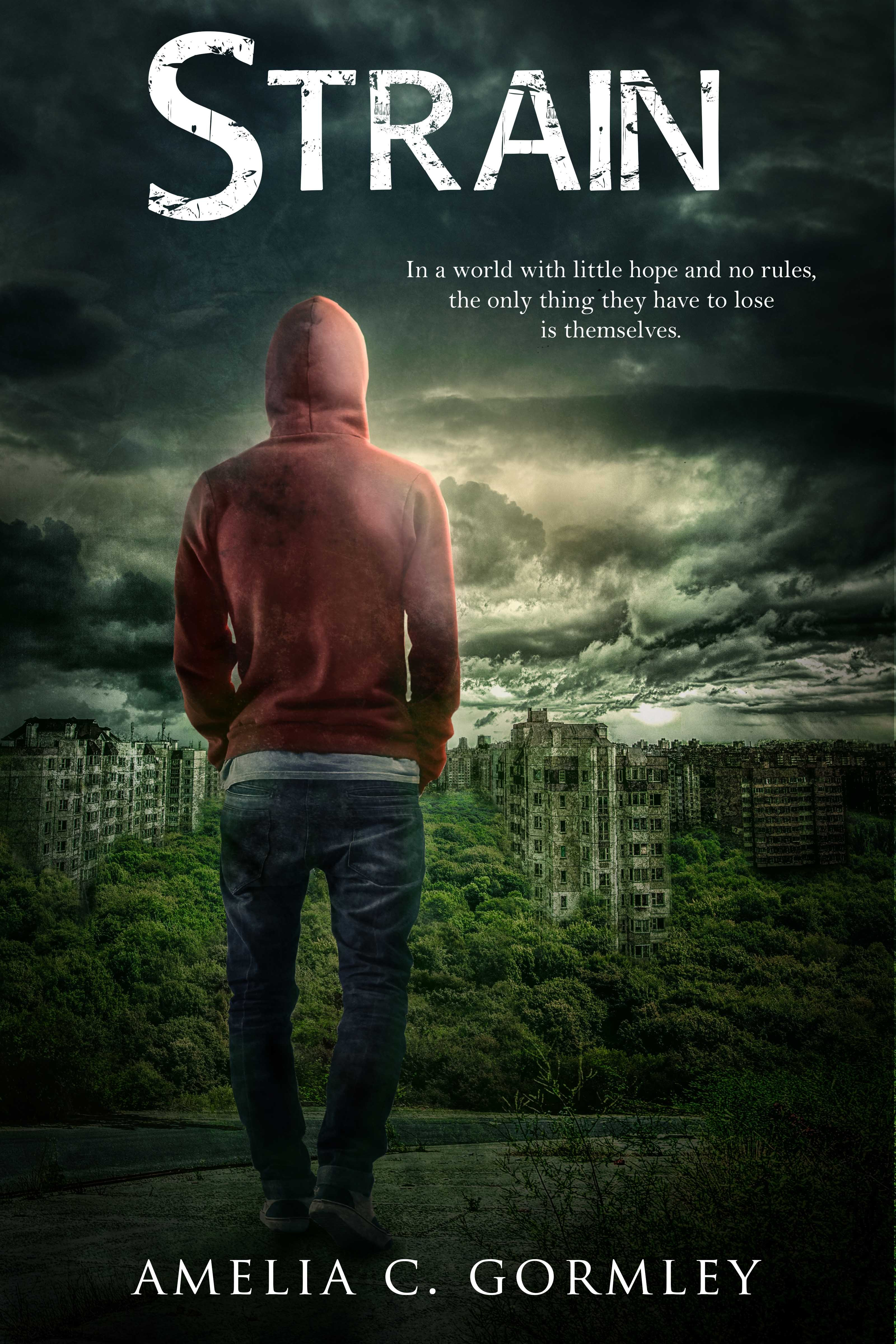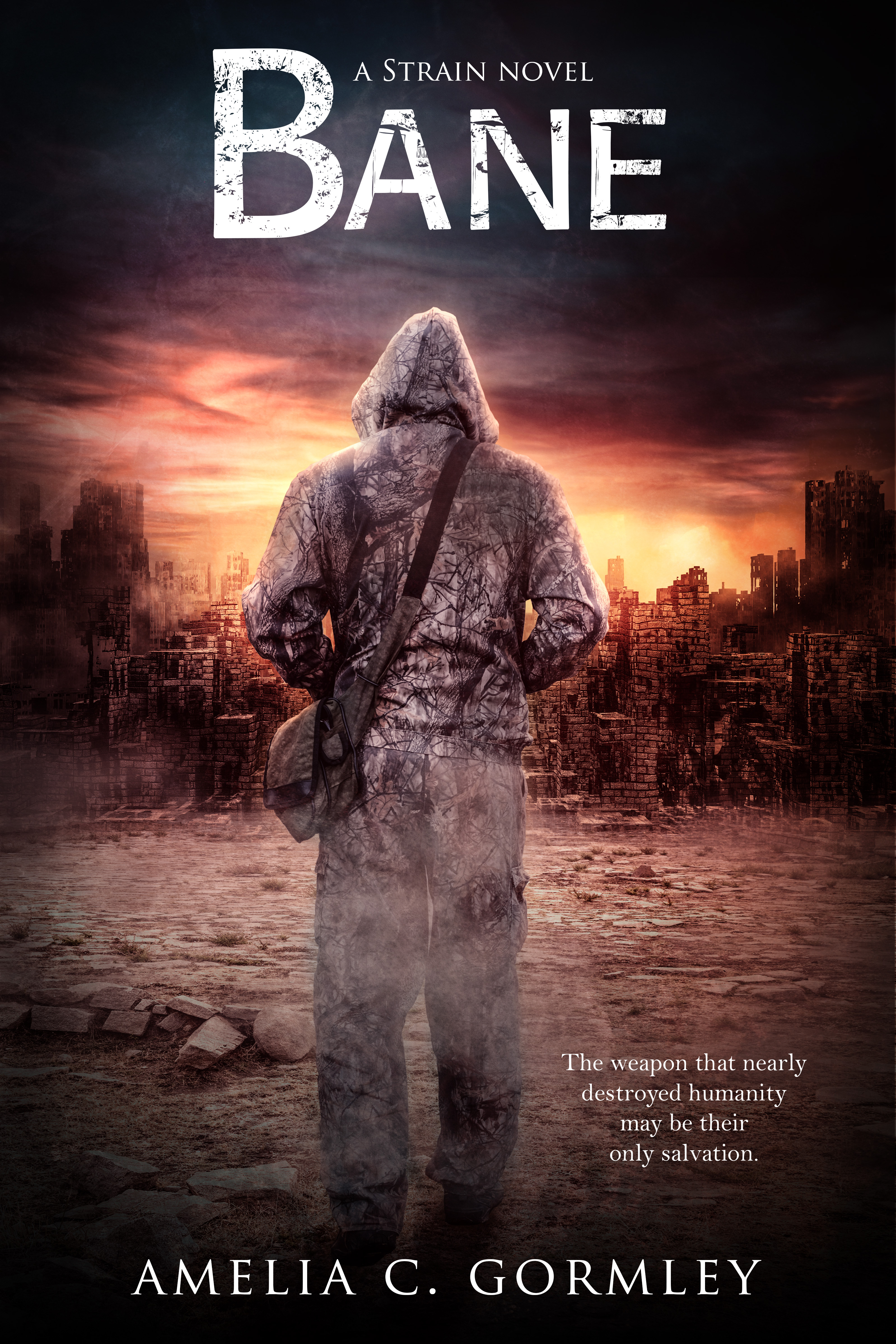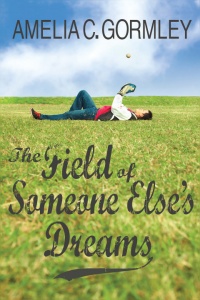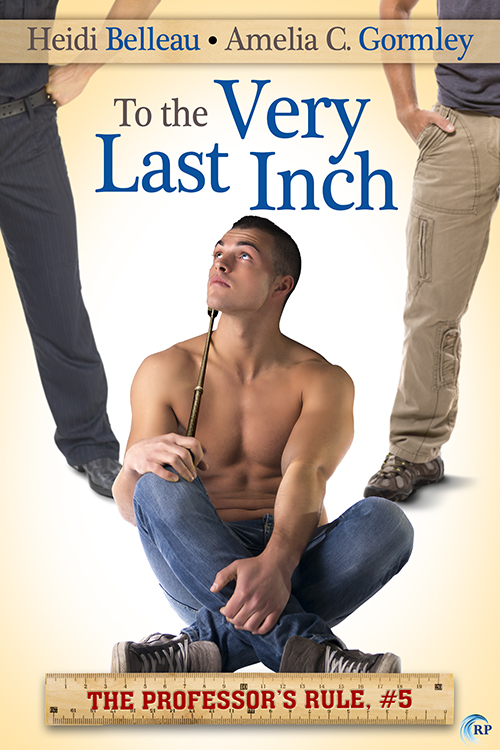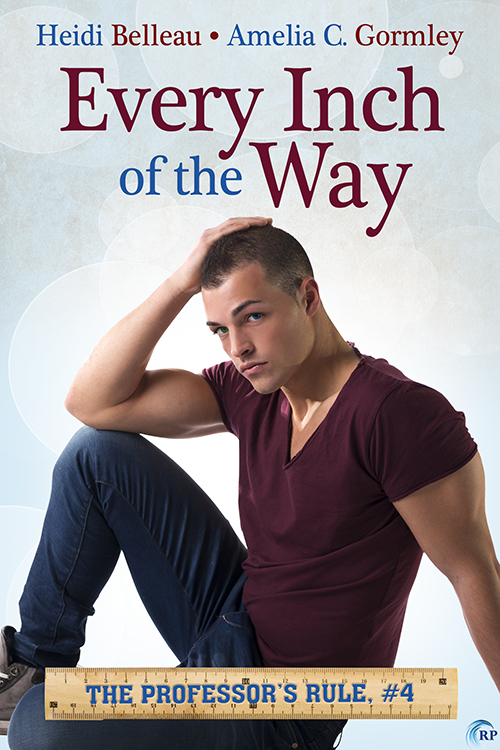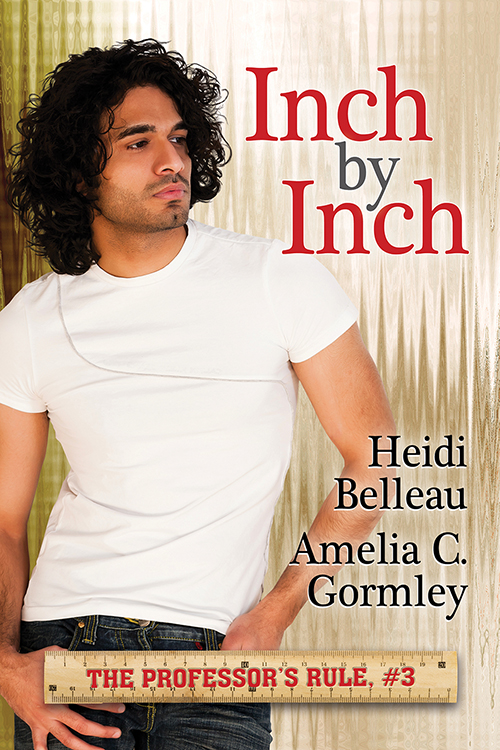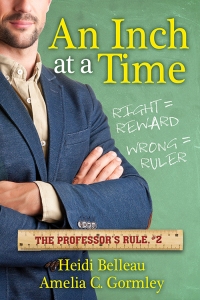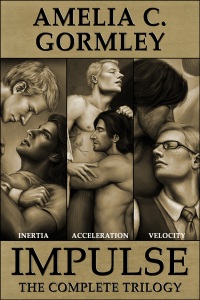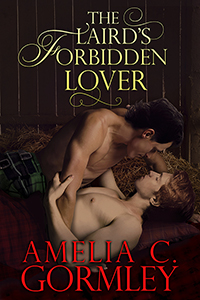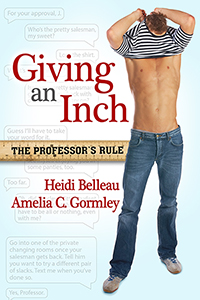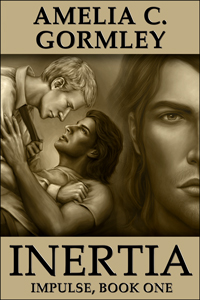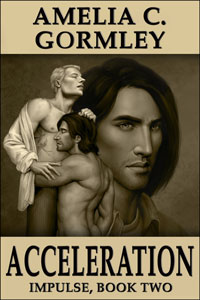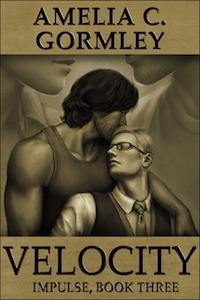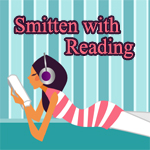Okay, before anyone comes at me with the old “it’s so-and-so’s site, she can review what she wants” battle cry, misrepresenting what are the issues with this entire debacle over female-bodied-sexuality in m/m romance, let me get a few things on record.
Yes, people can read what they want. They can review what they want. No one is debating their right to do so. That’s not the problem.
The problem is that it’s misleading to cast ones site as being inclusive when it’s not. Don’t pretend to be a champion of all folk under the rainbow when you’re actually just a fan of the peen.
The problem is that it’s hypocritical to QQ about discrimination and disrespect while being discriminatory and disrespectful. It’s hypocritical to take readers and writers to task for making the genre about “the erotic needs of straight women” while maintaining a policy intended to pander to the erotic needs of straight women.
The problem is that it’s disingenuous to claim the issue is about het sex when what you’re actually frequently talking about is male-bodied/female-bodied queer sex, which is not the same thing. Worse, it’s extremely offensive to mislabel male-bodied/female-bodied sex as “het” sex because in doing so, you’re deliberately and repeatedly misgendering trans* folk and committing erasure against bifolk, intersex folk, and any number of other people under the rainbow.
The problem is that the m/m genre is a hotbed of gynophobia and internalized misogyny by people who ought to fucking know better, and to further that problem while patting oneself on the back for being on a crusade for representation of under-represented peoples is absolutely absurd. And worse! It’s hypocritical to hop on the feminist platform rail about how badly female characters are presented in m/m romance with regard to characterization archetypes and tropes, while simultaneously perpetuating gynophobia and internalized misogyny with regard to the mere mention of certain anatomy and sexual situations.
The problem is that it’s absolutely infuriating to act as though female reproductive anatomy and female-bodied sexuality is so shocking and off-putting on-page that it requires the same sort of warning usually reserved for controversial and triggering subjects as rape and graphic violence and abuse.
The problem is the entitled attitude behind behaving as though authors have a moral and ethical obligation not only to write what you want to read, but to protect your delicate special-snowflake eyeballs from anything they might find objectionable. Do you think Stephen King included warnings for underaged sex and domestic violence in IT? Did V.C. Andrews (or her publisher) warn for incest and underaged sex and rape in Flowers in the Attic? They didn’t, at least not in any of the editions I’ve read. I don’t see anyone weeping big crocodile tears over the lack of warning labels there. Labels and warnings are a courtesy, not an entitlement. You are not owed them. When you pay for a book, you aren’t owed anything but pages with some text on them. that’s it. There are no guarantees you’ll like it. There aren’t even any guarantees it will be well-written (Dan Brown, I’m looking at YOU.) You’re not owed a book that is to your taste and specifications and has nothing within it that you don’t find objectionable and warnings if it has something you might. In fact, the use of warnings and labels is generally considered to be a form of censorship and to have a chilling effect on free speech, which is why there have been huge legal battles over warning labels and age restrictions on music and video games. You’re lucky to get them when you get them. So be grateful authors and publishers include them at all from time to time.
So. Read what you want. Review what you want. But don’t be hypocritical, offensive, or an entitled princess in the process.

